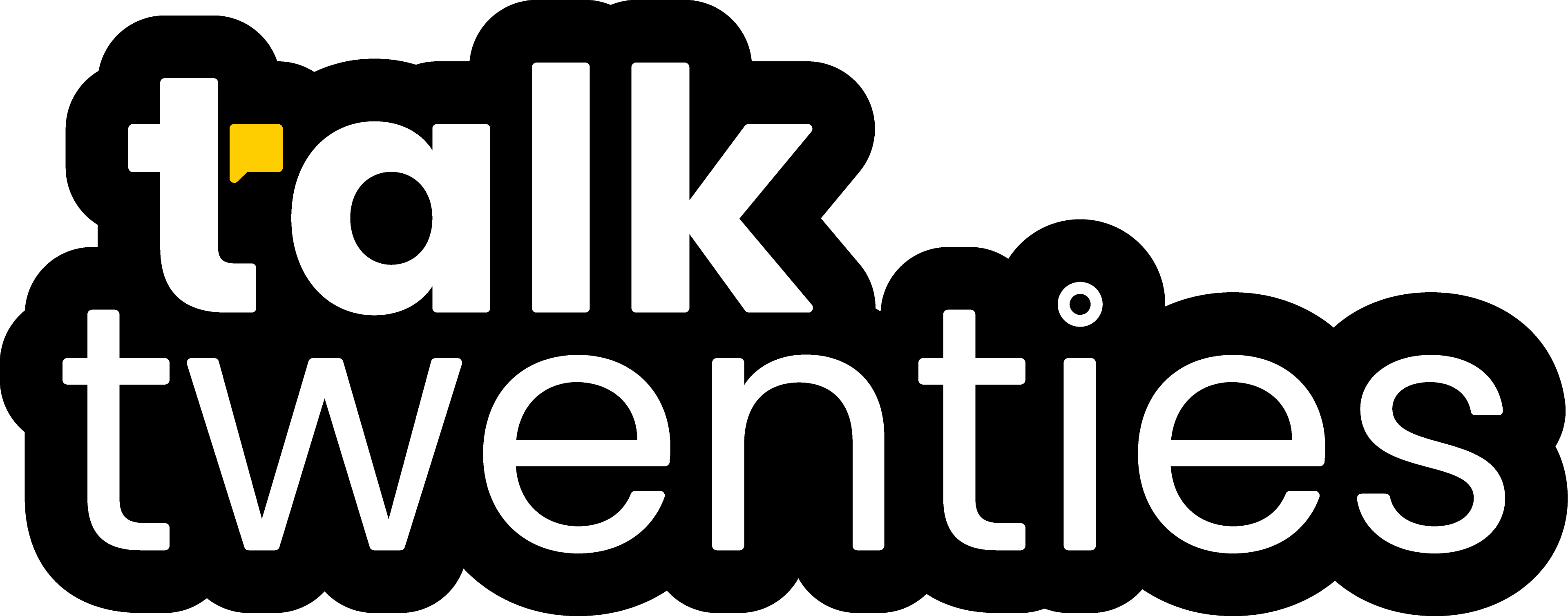
5 financial red flags to look out for in a relationship
AD – Blog post shared as part of a paid collaboration with Zopa Bank.
Money can be an emotional topic and your partner’s behaviour and attitude towards money will likely end up impacting your own life. Financial red flags are something we often ignore when starting a new relationship, especially in the early ‘honeymoon phase’. But evaluating any financial red flags from the moment you meet, and keeping them front of mind is key to a successful relationship.
We’ve teamed up with Talk Twenties sponsors Zopa Bank, who are one of the UK’s leading digital banks, to open up more honest conversations about money. It’s important we let you know that some of the links in this post are sponsored. #ad
Let’s talk about 5 financial red flags to look out for in a relationship:
1. Your partner doesn’t talk about money
A huge red flag for any relationship is if your partner is being overly secretive with money, lying about what they’re spending, and refusing to share financial information with you. Ok, you’re probably not going to get all of this information on a first date, but as you get more serious, having an open dialogue around money is important.
One key tip… Don’t just talk about money but talk about values too. What’s important to you when it comes to money? What do you value spending money on? What do you wish your partner understood about how money makes you feel?
2. Your partner is controlling around money
Controlling behaviour around money is a big red flag for any relationship. If you choose to manage your money together, having one key person who manages the finances isn’t always a bad thing. But it’s important that, if you are not the main person, you still have a good understanding of your financial situation and that your partner is not deliberately trying to stop you having an input. You should always have access to your own accounts and credit cards.
It isn’t just about the practical side of who manages the finances though, it’s also about how the other person makes you feel about how you spend your money. Keep a track of any comments you notice your partner make about what you do with money. Is this affecting your own actions? Does this make you feel good? If the answer is their words make you feel anxious, helpless, worried or ashamed then you need to open up communication to your partner straight away.
3. Your partner lives well outside of their means
Does your partner act wealthier than they actually are? Do they continue to live a life well outside of their means, even though you know they can’t afford to? This could look like overspending on shopping, building up debt with new cars, buy-now-pay-later schemes and failing to budget appropriately.
If they continuously live life outside of their means they may land themselves in unnecessary debt which can lead to a lot of stress around money. Chances are if you are in a relationship with this person this will have a knock on effect to you. Look for the warning signs and, if you feel this might be the case, it’s never too early to open up an honest conversation about money.
4. Your partner pressures you into financial decisions you don’t want to make
Does your partner want to buy a house but you’re not on the same page? Do they want to go out for expensive meals but you’re trying to save? Do they pressure you into opening a joint account but you’re not ready for that? These are all signs that your partner is pressuring you into financial decisions that you are not ready for or on board with.
If they ask you to take a credit card out in your name to fund items or activities for your relationship, be extra careful. It doesn’t matter what the purpose of the loan is, if it’s in your name, you alone will be responsible for repaying the debt so be careful.
It’s important not to stay silent in this situation and instead, communicate your feelings and anxiety around this. If you have a strong relationship, your partner should understand these concerns and if they don’t, it might be time to take a step back and evaluate what you want out of a relationship.
5. Your partner is drowning in debt and buries their head in the sand
You shouldn’t just break up with someone because they are in debt… but you should carefully consider how you move forward with the relationship once you know this information. The most important thing to consider is your partner’s attitude towards clearing the debt, for example are they being proactive about it? Or are they burying their head in the sand? Be warned that once you open a joint account with someone your credit scores will be linked.
If your partner has any existing debts – on a credit card or a loan or both – you could suggest they use Zopa’s Debt Consolidation Calculator in their app to see if they could save money on interest, or pay off their debts quicker, by consolidating them with a Zopa loan. Zopa’s personal loan representative APR is 19.9%.
If you need help:
Financial Support Line for Victims of Domestic Abuse: call for dedicated support on 0808 196 8845.
Domestic abuse helplines:
- Women’s Aid or Refuge for women
- Men’s Advice Line for men
- Galop for LGBT+



